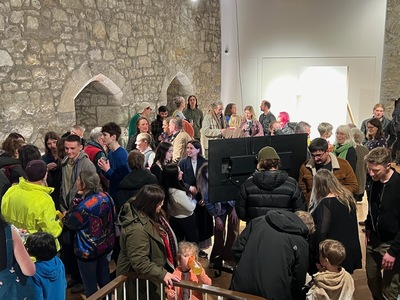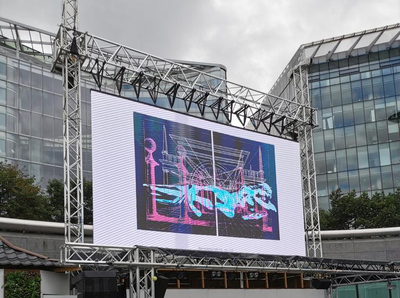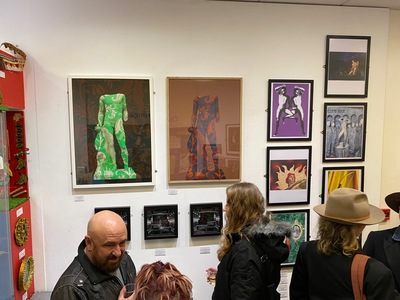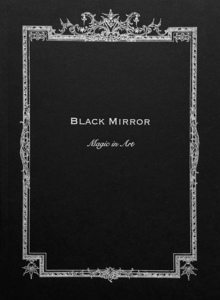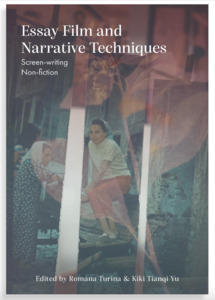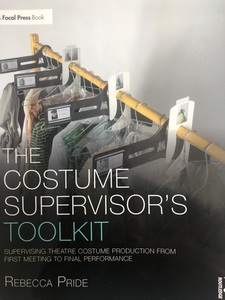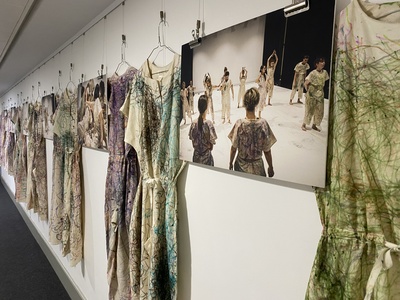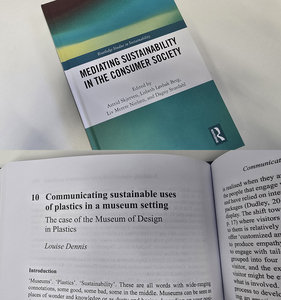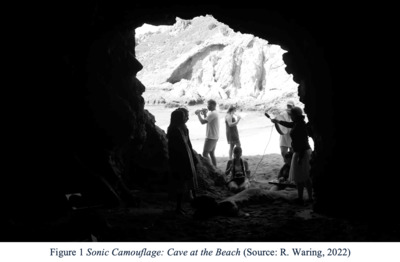This thesis presents an historical account of the development of the professionally-made architectural model in Britain that aims to understand how the model came to be as it is today. With existing studies of the architectural model having been predominantly focused on its use within the design process and its cultural meanings, this thesis, in examining the architectural model from within the field of modelmaking rather than architecture, highlights developments in the making of architectural models as opposed to the dominant ‘post-production’ perspective that overlooks the role of the modelmaker and the materials and processes employed.
Drawing from extensive interviews with practicing and retired architectural modelmakers alongside historic documents and photographs from previously undocumented private archives, this thesis responds to Anna Fariello’s call for a ‘front-end’ consideration of objects that considers their making through its conceptualisation of the model’s contemporary form as an assemblage that emerged from the complex interactions between the various people, processes, materials, and ideas that have contributed to its history.
What this thesis reveals is how the contemporary form of the professionally-made architectural model in Britain emerged as a result of developments that took place during four distinct periods in its history: the initial emergence of architectural modelmaking as a distinct profession during the late-nineteenth and early-twentieth centuries; the adoption of plastics as the principal modelmaking materials during the post-war boom of the 1950s and early-1960s; the turbulent realignment of the model’s ‘stylistic palette’ during the 1970s and 1980s; and the introduction of advanced digital manufacturing technologies from the 1990s to the present day. This thesis further argues that the notion of adaptability – emerging from the combined agency of the modelmaker’s imaginative and ingenious intentions and the intrinsic adaptability of the materials, tools, and processes employed – has been the most significant influence that has shaped the overall development of the professionally-made architectural model in Britain.
 |



 Lists
Lists Lists
Lists


